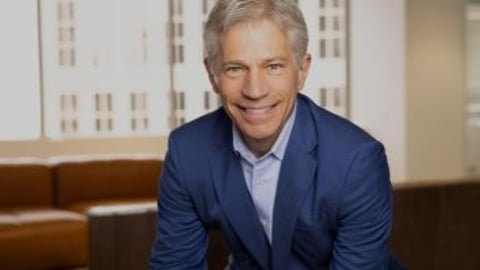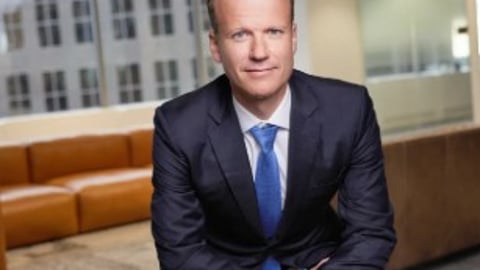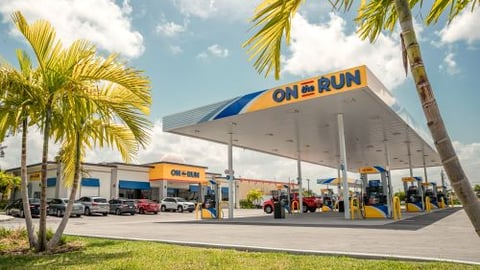Parkland’s Bob Espey stepping down as president, CEO
Parkland Corp. says chief executive Bob Espey has told Parkland's Board of Directors that he plans to step down from the top job.
Espey informed the board that he will step down as president and chief executive officer.
“On behalf of the Board, I would like to thank Bob for his vision and leadership over the last fifteen years as President & CEO,” said Michael Jennings, executive chair of Parkland. “Bob has led Parkland through a period of exponential growth, transforming the Company from a small regional fuel retailer into one of Canada’s leading fuel and convenience retailers with international operations in twenty-six countries. We thank him for his unwavering commitment and dedication.”
Jennings role as executive chair will be to provide continued leadership to the board, while remaining focused on the governance and delivery of the strategic review process which is being led by a Special Committee of experienced directors, supported by Goldman Sachs Canada and BofA Securities.
James Neate will serve as lead independent director.
READ: Parkland nominates 13 directors including three Simpson Oil nominees
The strategic review aims to identify opportunities to maximize shareholder value by evaluating the current business strategy and optimization opportunities, while also considering alternatives including asset divestments, acquisitions, transformative business combinations and a sale of the Parkland.
“Serving as Parkland’s CEO has been the opportunity of a lifetime. I want to thank the entire Parkland team — past and present — for their incredible dedication and drive. I am proud of what we have built together,” said Espey. “Over the past few months, it became clear that stepping down and announcing my departure may help bring resolution to the situation with Simpson Oil Limited and benefit all shareholders. I remain deeply committed to Parkland and will support a smooth transition to new leadership. I look forward to working closely with Michael in his new role as executive chair.”
Parkland's Board of Directors has formed a CEO search committee comprised of independent directors to oversee an extensive executive search process to select a qualified candidate to replace Espey. He will stay on until the appointment of a new CEO, the completion of the strategic review, or December 31, 2025, whichever occurs first.
Simpson Oil, which owns almost 20% of Parkland's shares, has named nine nominees it wants to see voted in as directors at the meeting set for May 6. It says Parkland's current leadership has failed and that new board members are needed to hold management accountable.
Simpson Oil released a presentation Tuesday outlining what it says is Parkland's "track record of governance failures and financial underperformance" and reiterating its call for a board overhaul and management change.
"Board tinkering and refreshment have not addressed the root problems," Simpson said. "At this point, the question is no longer whether change is necessary, it’s who shareholders can trust to deliver it."
Neither Simpson nor New York-based Engine Capital immediately provided statements Wednesday about Espey's planned departure.
Also Wednesday, Parkland provided a glimpse of its first-quarter results which are to be released on May 5. It said it expects to deliver adjusted earnings before interest, taxes, depreciation and amortization of $375 million, up from $327 million in the same period a year earlier.
It said it expects its adjusted EBITDA for 2025 to come in at the low end of its guidance range of $1.8 billion to $2.1 billion.
"Parkland has a diversified and resilient business. Its base business is well positioned and retains significant operational flexibility to navigate macroeconomic uncertainty on the horizon, which is impacting fuel demand and unit margins," the company said.
"Recent regulatory developments in Canada and the United States have created volatility and intensified market disruptions. These are curtailing the profitability and movement of refined products into the United States and creating structural shifts in climate and carbon compliance programs."
- With files from Lauren Krugel, The Canadian Press







